Sheltering Inside May Not Protect You From The Dangers Of Wildfire Smoke
Enlarge this image
A warming climate means millions of Americans are exposed to wildfire smoke every summer. Seattle, Wash., and the Pacific Northwest experienced some of the worst air quality in the world in 2020.
Nathan Rott/NPR
hide caption
toggle caption
Nathan Rott/NPR

Enlarge this image
Brown smoke from wildfires blows westward in the atmosphere from California and Oregon on Wednesday, Sept. 9, 2020. Smoke from Western fires has triggered air quality alerts 3,000 miles away.
NOAA/AP
hide caption
toggle caption
NOAA/AP

Enlarge this image
The Staten Island Ferry departs from the Manhattan terminal through a haze of smoke from Western wildfires, with the Statue of Liberty barely visible on Tuesday, July 20, 2021.
Julie Jacobson/AP
hide caption
toggle caption
Julie Jacobson/AP

Enlarge this image
Wildfire smoke blankets Missoula, Mont., at the end of a hot summer day. The mountain town has been inundated with smoke for weeks this summer.
Nathan Rott/NPR
hide caption
toggle caption
Nathan Rott/NPR

Mason Dow, a member of Climate Smart Missoula, gives a free air filter to a new mother at a local food bank, explaining the impacts of wildfire smoke on human health.
Nathan Rott/NPR
hide caption
toggle caption
Nathan Rott/NPR
There’s a push to help provide clean indoor air for everyone
Coefield agrees that air filters are the logical answer. But they cost money. A fancy HVAC system for a school can cost thousands of dollars. An air filter for a home can cost hundreds.
Knowing that some people don’t have the financial means to afford that kind of protection, there’s a growing push in the environmental justice and climate change movements to make sure everyone has access to air filtration.
On a smoke-filled, hot day in Missoula, Mason Dow and a group of volunteers duct tape square air filters, bought at Home Depot, to a stack of box fans. The materials for each cost about $40.
Dow works for a local nonprofit called Climate Smart Missoula that usually focuses on legislation and policies to reduce people’s contribution to climate change. With the effects of a warming world already being felt though, Dow said, it was important to step in and help people adapt to its effects.
«That’s just the reality of where we are, he said.
The DIY air filters are given to volunteers working for Meals on Wheels and are distributed at the Missoula Food Bank, targeting the booming mountain town’s lower-income residents, who often don’t have air conditioning either.
Sixty-seven year old Janet Friede is one of those people. She’d been keeping her doors and windows closed during heatwave after heatwave this summer, but the smoke keeps getting through.
«It makes me have a headache, she said, loading a box fan filter into her car. «And tired. Real tired.
The free air filter, she said, should hopefully help.

Enlarge this image
Amy Cilimburg, the executive director of Climate Smart Missoula, says nonprofits like hers need to help people adapt to a warming climate — not just to limit their greenhouse gas emissions.
Nathan Rott/NPR
hide caption
toggle caption
Nathan Rott/NPR
Amy Cilimburg, the executive director of Climate Smart Missoula, says nonprofits like hers need to help people adapt to a warming climate — not just to limit their greenhouse gas emissions.
Nathan Rott/NPR
«It feels maybe a little bit like a band-aid, said Amy Cilimburg, Climate Smart Missoula’s executive director. She’s put expenses for the DIY air filters on her credit card the last two summers because climate adaptation is not what they typically do.
And she doesn’t want the group’s focus to drift too much from its main goal of getting people to reduce their climate-warming greenhouse gas emissions. Globally, they are still on track to produce even more catastrophic impacts later this century.
«We’re trying to manage the unavoidable, she said. «But then, how do we avoid the unmanageable?
Daniel Lam contributed to this story.
Обсудим?
Смотрите также:

